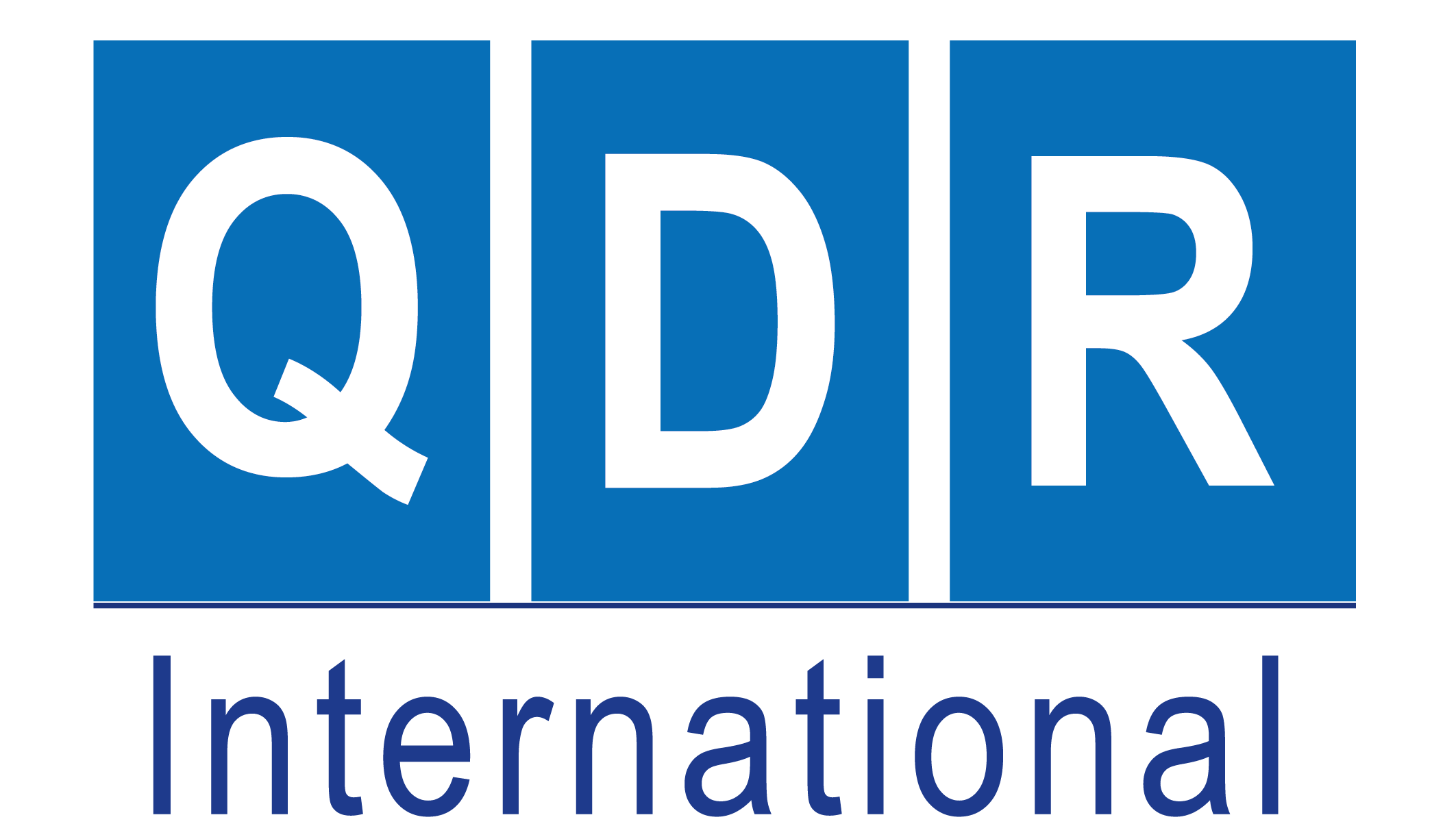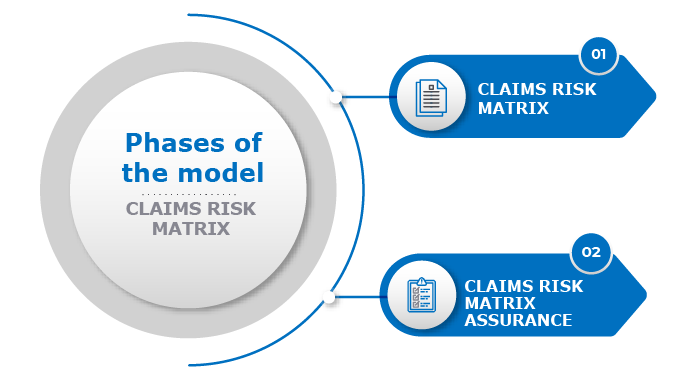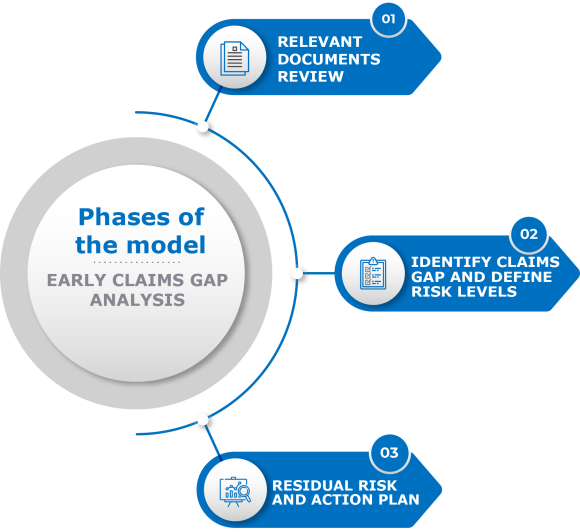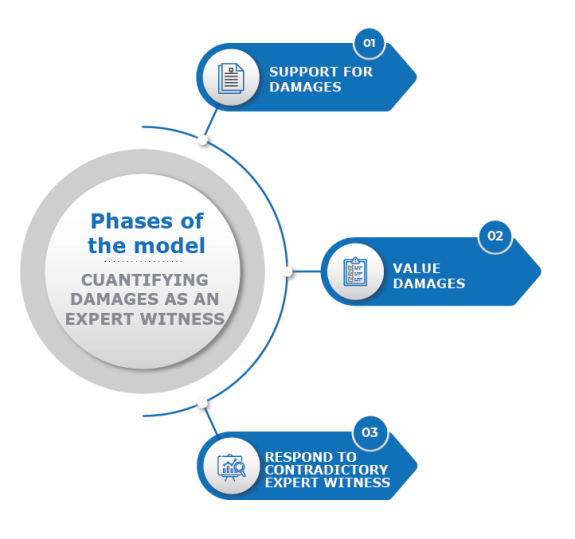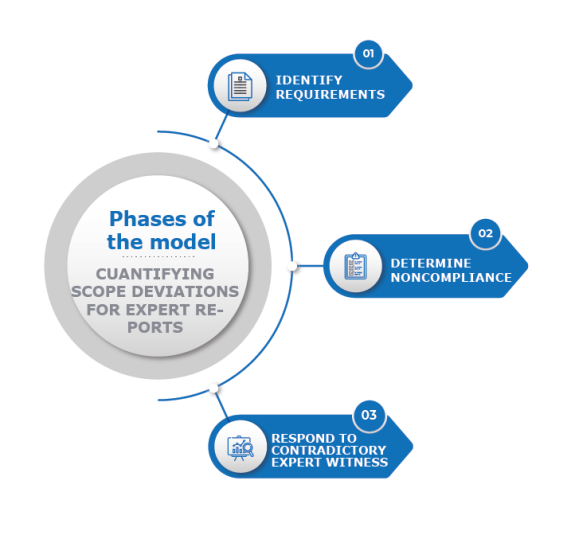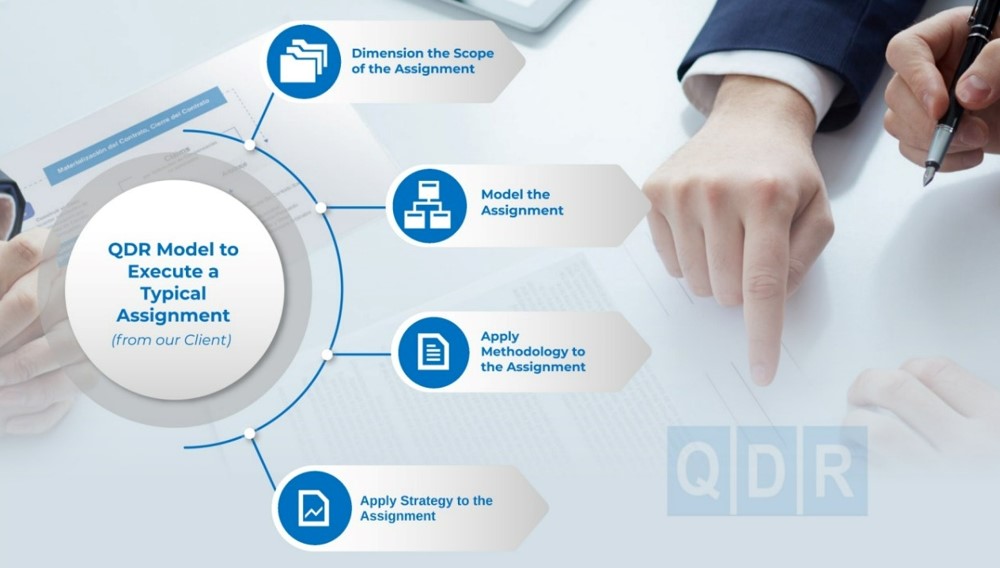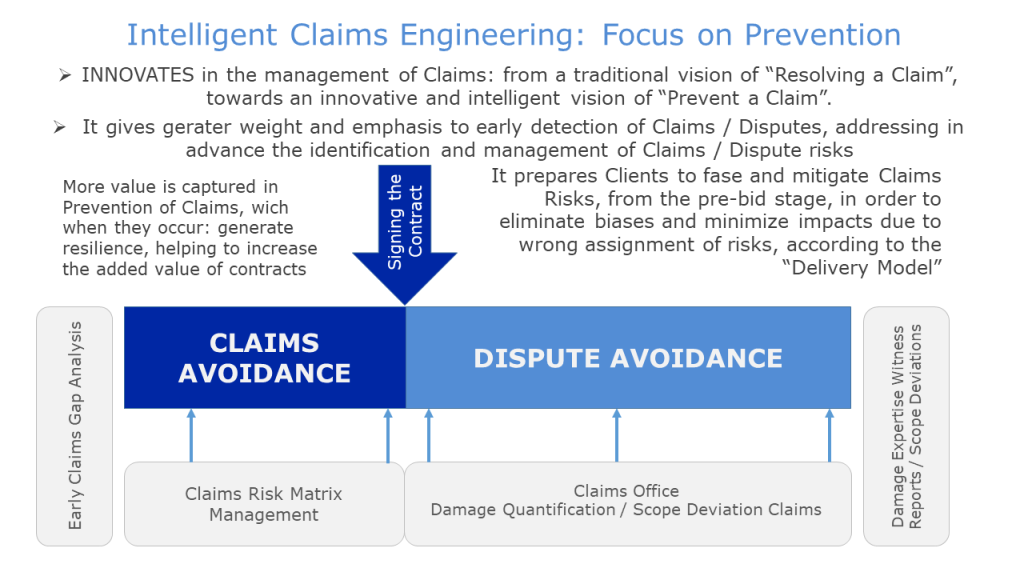
Master Class 01
“𝐀𝐧𝐚́𝐥𝐢𝐬𝐢𝐬 𝐝𝐞 𝐃𝐢𝐬𝐫𝐮𝐩𝐭𝐢𝐨𝐧𝐬 𝐞𝐧 𝐥𝐨𝐬 𝐂𝐨𝐧𝐭𝐫𝐚𝐭𝐨𝐬 𝐝𝐞 𝐂𝐨𝐧𝐬𝐭𝐫𝐮𝐜𝐜𝐢𝐨́𝐧”, en la que proporcionará una descripción general de como abordar los disruptions y definirá los conceptos claves relacionados a como abordar los disruptions en los contratos de Construcción en Latinoamérica.

Master Class 02
“𝐆𝐞𝐬𝐭𝐢𝐨́𝐧 𝐝𝐞 𝐏𝐚𝐯𝐢𝐦𝐞𝐧𝐭𝐨𝐬 𝐞𝐧 𝐂𝐨𝐧𝐜𝐞𝐬𝐢𝐨𝐧𝐞𝐬 𝐝𝐞 𝐈𝐧𝐟𝐫𝐚𝐞𝐬𝐭𝐫𝐮𝐜𝐭𝐮𝐫𝐚 𝐝𝐞 𝐋𝐚𝐭𝐢𝐧𝐨𝐚𝐦𝐞́𝐫𝐢𝐜𝐚”, analizará el proceso de toma de decisiones económicamente efectivas, de diseño, construcción, rehabilitación y mantenimiento de carreteras, para contratos de concesiones de infraestructura de Latinoamérica.
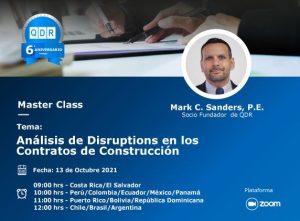
Master Class 03
“𝐀𝐧𝐚́𝐥𝐢𝐬𝐢𝐬 𝐝𝐞 𝐃𝐢𝐬𝐫𝐮𝐩𝐭𝐢𝐨𝐧𝐬 𝐞𝐧 𝐥𝐨𝐬 𝐂𝐨𝐧𝐭𝐫𝐚𝐭𝐨𝐬 𝐝𝐞 𝐂𝐨𝐧𝐬𝐭𝐫𝐮𝐜𝐜𝐢𝐨́𝐧”, en la que proporcionará una descripción general de como abordar los disruptions y definirá los conceptos claves relacionados a como abordar los disruptions en los contratos de Construcción en Latinoamérica.
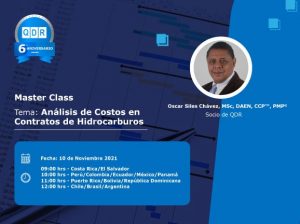
Master Class 04
𝐀𝐧𝐚́𝐥𝐢𝐬𝐢𝐬 𝐝𝐞 𝐂𝐨𝐬𝐭𝐨𝐬 𝐞𝐧 𝐂𝐨𝐧𝐭𝐫𝐚𝐭𝐨𝐬 𝐝𝐞 𝐇𝐢𝐝𝐫𝐨𝐜𝐚𝐫𝐛𝐮𝐫𝐨𝐬, compartiéndonos el contexto global del sector petrolero, indicando los costos de extracción de campo y los componentes del FLC según la cadena de valor, para ilustrar la resiliencia como factor de éxito, soportados en los estándares de la AACEI y sus RPs
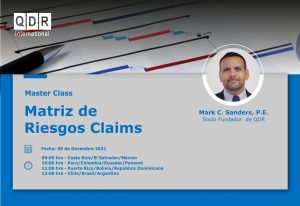
Master Class 05
𝐌𝐚𝐬𝐭𝐞𝐫 𝐂𝐥𝐚𝐬𝐬: 𝐌𝐚𝐭𝐫𝐢𝐳 𝐝𝐞 𝐑𝐢𝐞𝐬𝐠𝐨𝐬 𝐂𝐥𝐚𝐢𝐦𝐬, ¿Los Riesgos Claims están dentro de la Matriz de Riesgos del Contrato? Adicionar a los Riesgos propios del Contrato del Mandante, detectando Riesgos potenciales de Claims que nacen de la revisión experta del Contrato y su Matriz de Riesgos asociada, resulta en la Matriz de Riesgos Claims.
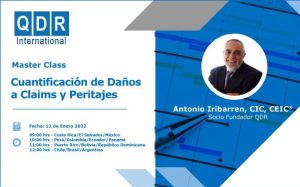
Master Class 06
𝐌𝐚𝐬𝐭𝐞𝐫 𝐂𝐥𝐚𝐬𝐬: 𝐂𝐮𝐚𝐧𝐭𝐢𝐟𝐢𝐜𝐚𝐜𝐢𝐨́𝐧 𝐝𝐞 𝐃𝐚ñ𝐨𝐬 𝐚 𝐂𝐥𝐚𝐢𝐦𝐬 𝐲/𝐨 𝐏𝐞𝐫𝐢𝐭𝐚𝐣𝐞𝐬, en la que hará una evaluación a la excusabilidad y compensabilidad de las desviaciones del contrato que dieron lugar a responsabilidades reclamables, su causalidad y los mecanismos para la aplicación del método de cálculo de esos daños compensables.
MASTER CLASS
Oficinas
1007 N. Orange St. 4th Floor
Wilmington, DE 19801
+1 267 679 6065
contacto@qdrclaims.com
Copyright © 2015 Asesorías, Consultorías y Servicios QDRclaims SpA. La información contenida en este sitio es de propiedad QDRclaims, y su reproducción será permitida toda vez que sea citada la fuente.
